Collider Physics
Perturbative QCD is the main tool used at the LHC to make precise predictions for the huge variety of processes seen in the detectors, and is thus a vital ingredient in the discovery of new physics. Modern research is conducted on a number of fronts:
Fixed-order calculations : in recent years significant progress was made in automating next-to-leading order computations, but many next-to-next-to-leading calculations are still very challenging.
Gauge theory amplitudes : there has been significant progress in understanding the properties of scattering amplitudes, and developing new techniques to compute them. Our group's research focuses on the long-distance singularity structure of amplitudes. Another promising avenue is the relation between quantum gravity and gauge theory amplitudes.
Resummation : Fixed-order calculations refer to an expansion in the coupling constant as a single small parameter; however whenever there is a large hierarchy of scales, there are ways to sum up dominant corrections to all orders in perturbation theory. An example is the ongoing development of the High Energy Jets approach (HEJ) that exploits the known behaviour of amplitudes in the high-energy limit to perform resummation of cross sections with a large number of partons.
Parton densities : New techniques to extract parton densities using Monte Carlo techniques and neural networks (NNPDF) are currently transforming the field: this is important because reliable precise PDFs are an essential ingredient of every hard cross-section prediction at the LHC.
Researchers
Rafael Aoude

- University of Edinburgh
Contact details
Andrew McLeod
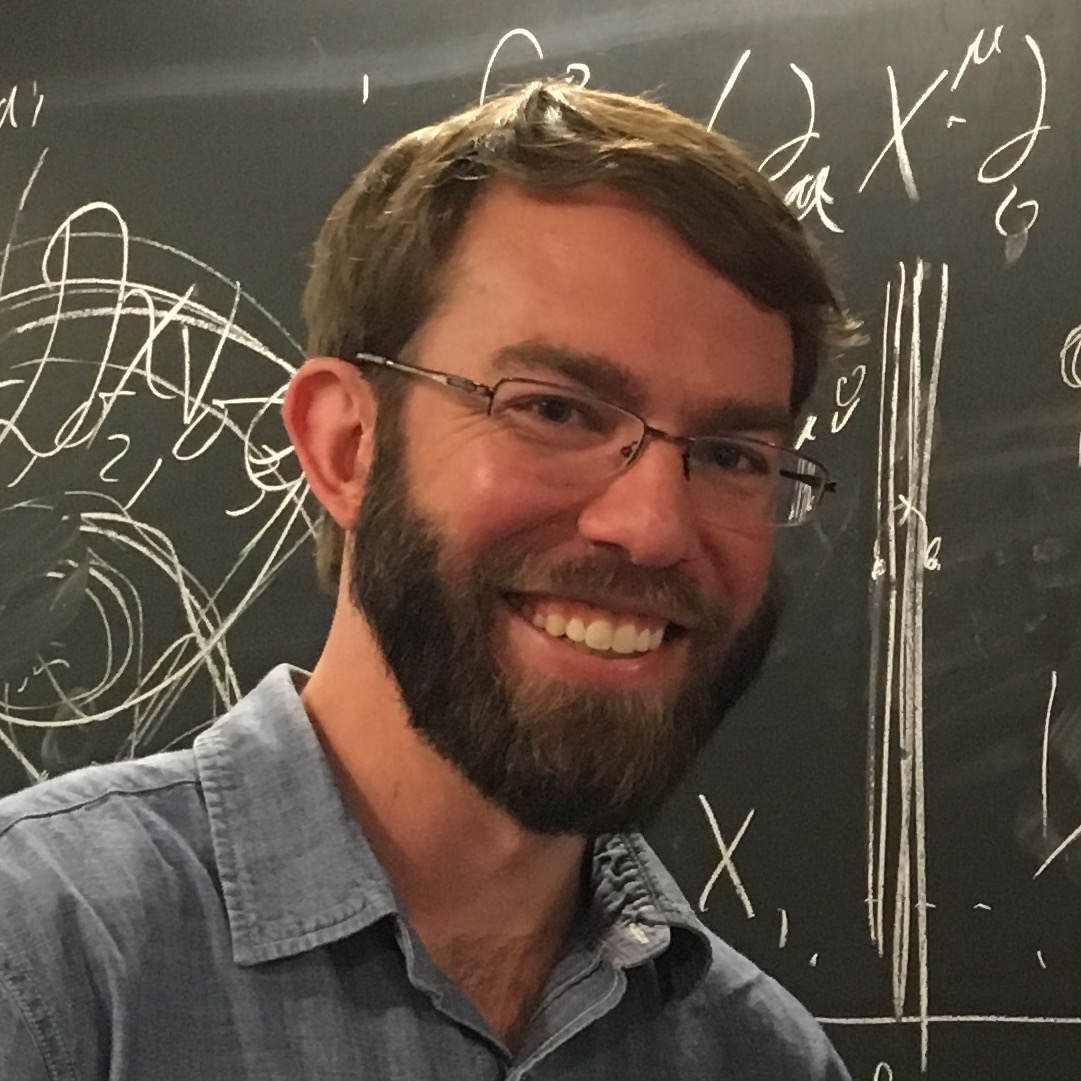
- University of Edinburgh
Contact details
Mao Zeng

- University of Edinburgh
Contact details
Associates
Gudrun Heinrich
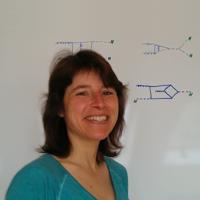
- Karlsruhe Institute of Technology
Contact details
Gregory Korchemsky

- Institut de Physique Théorique, CEA Saclay
- National Centre for Scientific Research
Contact details
- Email: gregory.korchemsky@ipht.fr
Eric Laenen

- University of Amsterdam
Contact details
Matthew Mccullough

- CERN
Contact details
Affiliates
Alexander Ochirov

- ShanghaiTech University
Contact details
Leonardo Vernazza
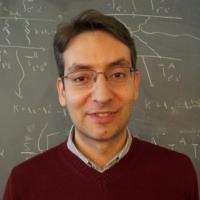
- University of Torino

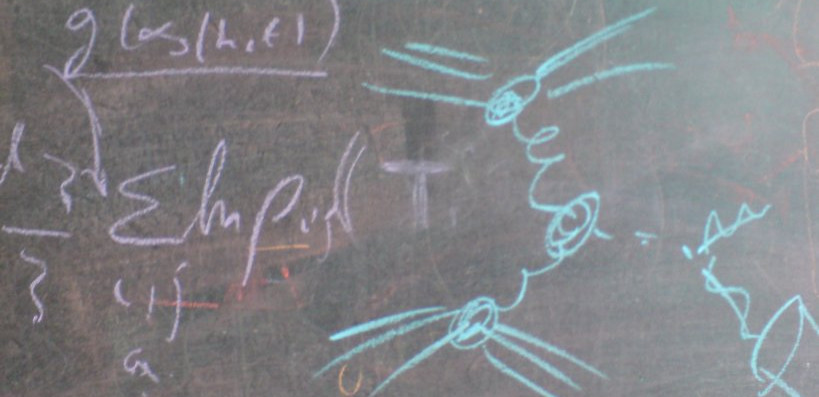
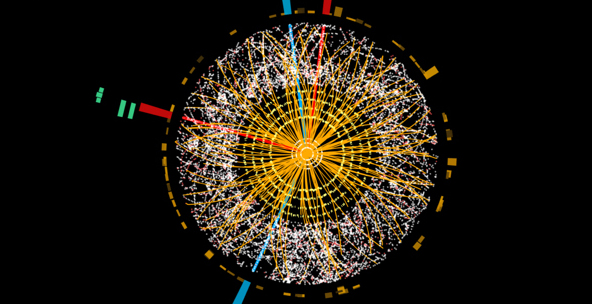
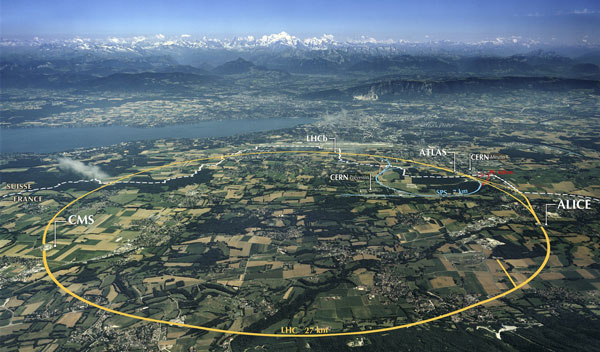




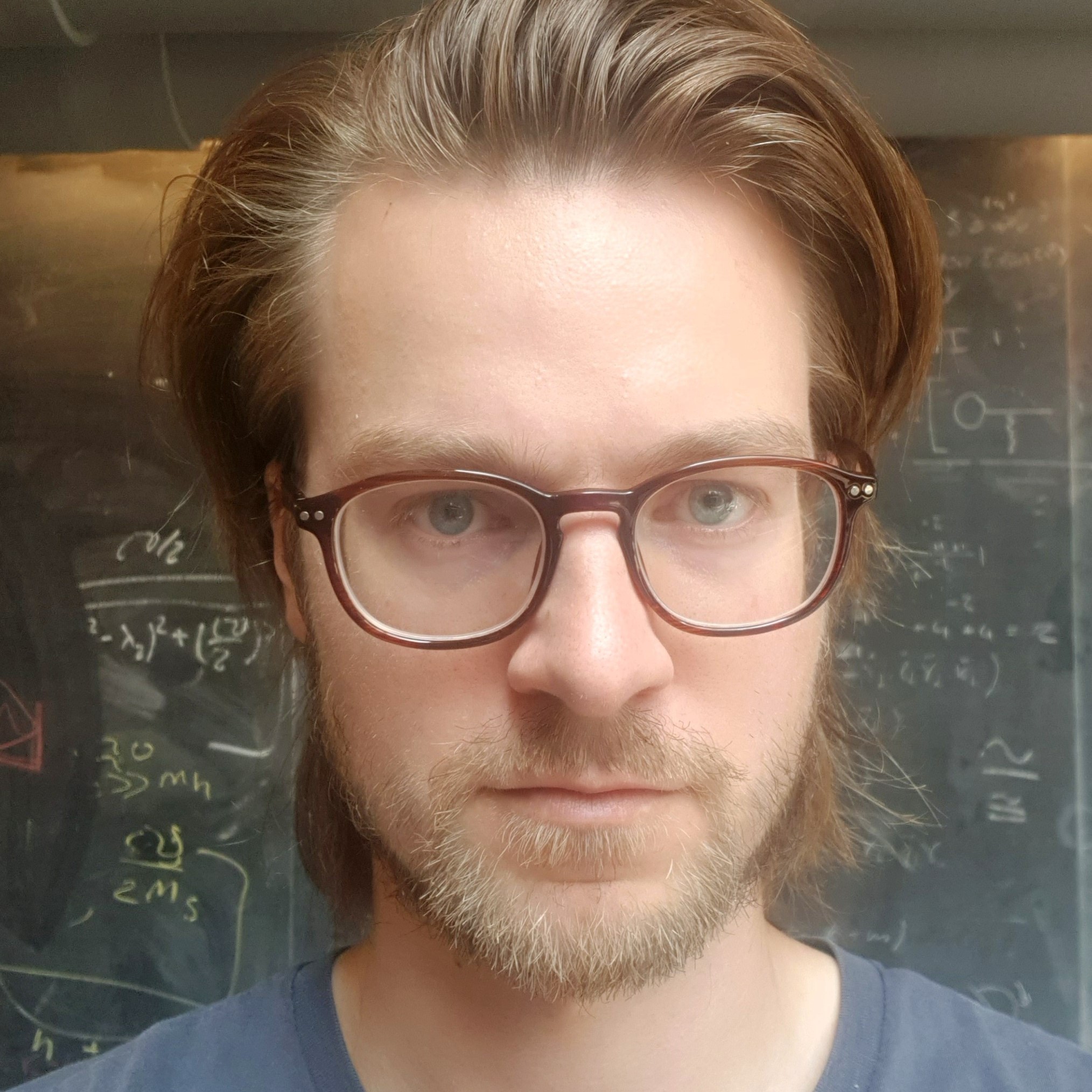
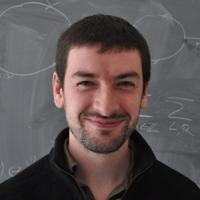
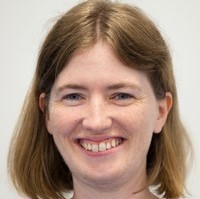





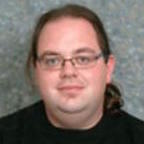





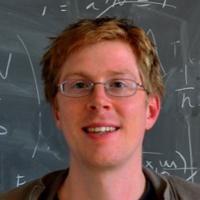


Find us on social media:
TwitterFacebookYouTube